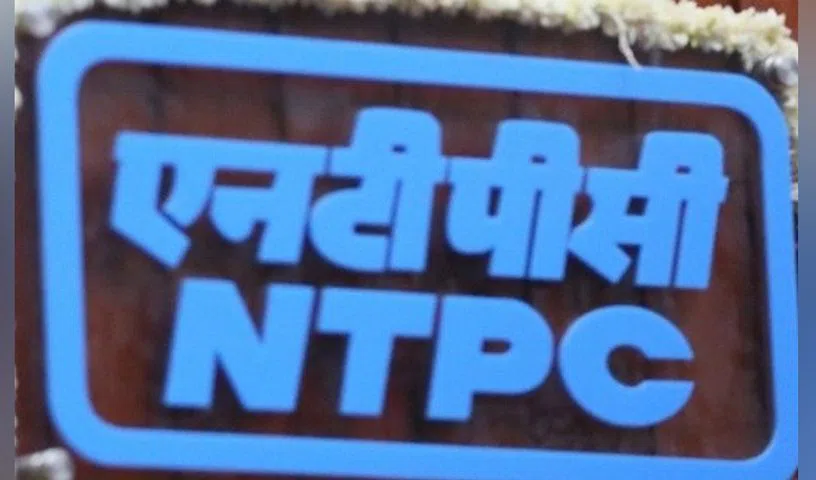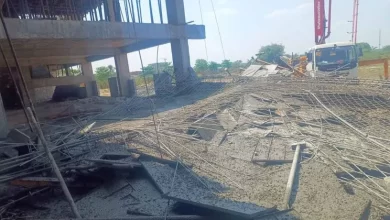The National Thermal Power Corporation (NTPC) board on Tuesday accorded investment approval for the project at an appraised current estimated cost of Rs.29,344.85 crore
Hyderabad: Even as the State government reportedly decided against signing the power purchase agreement (PPA) for Telangana Super Thermal Power Project, Phase-II (3×800 MW), Ramagundam, the National Thermal Power Corporation (NTPC) board on Tuesday accorded investment approval for the project at an appraised current estimated cost of Rs.29,344.85 crore.
The NTPC board of directors have also announced the construction of the Gadarwara Super Thermal Power Project Stage-II (2×800 MW), at an estimated cost of Rs.20,445.69 crore, and the Nabinagar Super Thermal Power Project Stage-II (3×800 MW) at an appraised current estimated cost of Rs.29,947.91 crore, along with the Telangana thermal project.
The State government has reportedly decided against signing the PPA for NTPC-Ramagundam Phase-2, citing projected power costs which could burden the consumers. Instead, the government was planning to develop green energy sources such as solar, hydel and wind, which are expected to offer more cost-effective alternatives to the power from NTPC-Ramagundam.
A few months ago, the NTPC wrote to the State government asking it to sign the PPA for NTPC Phase-2, failure to do so may result in the allocation of NTPC Phase-2 power to other Southern States, it had said. The NTPC had completed installation of 1,600 MW and sought permission for capacity addition of 2,400 MW more in line with the provisions of the Andhra Pradesh Reorganisation Act — for setting up a 4,000 MW plant in Telangana.
The first phase (2X800MW) of the project was dedicated to the nation by Prime Minister Narendra Modi last October. The State is slated to get 85 percent of the total 4,000 MW power capacity. Phase-I of the project was established at an approved cost of Rs.10,998 crore.
Currently, power costs stand at Rs.5.90 per unit, but upon Phase-2 completion, it could soar to Rs.8 to Rs.9 per unit, surpassing open market rates of Rs.2 to Rs.4 per unit, they added. In such a scenario, purchasing power at a higher rate from NTPC would push the Discoms into further losses, the sources opined.
If a PPA is signed with NTPC for 25 years, it could increase the burden on people living in the State, the sources mentioned, adding that it was the reason why the government has decided against signing the PPA. Instead, the government is exploring other options, including sources where power would be available at a lower price, the sources mentioned.eom








